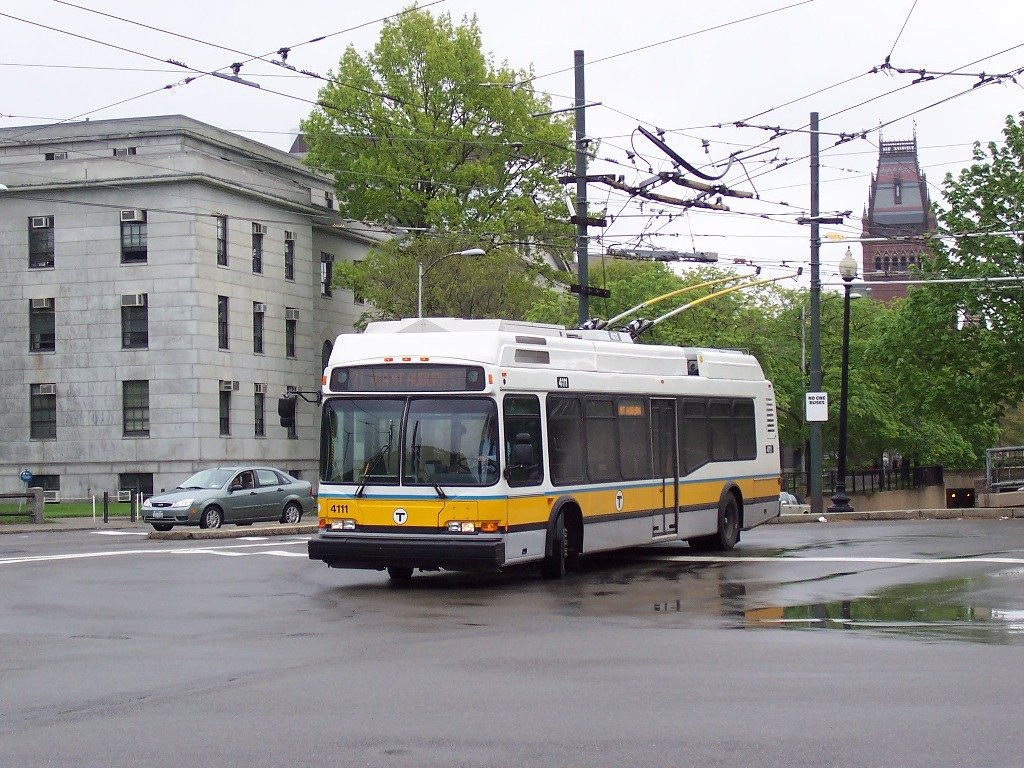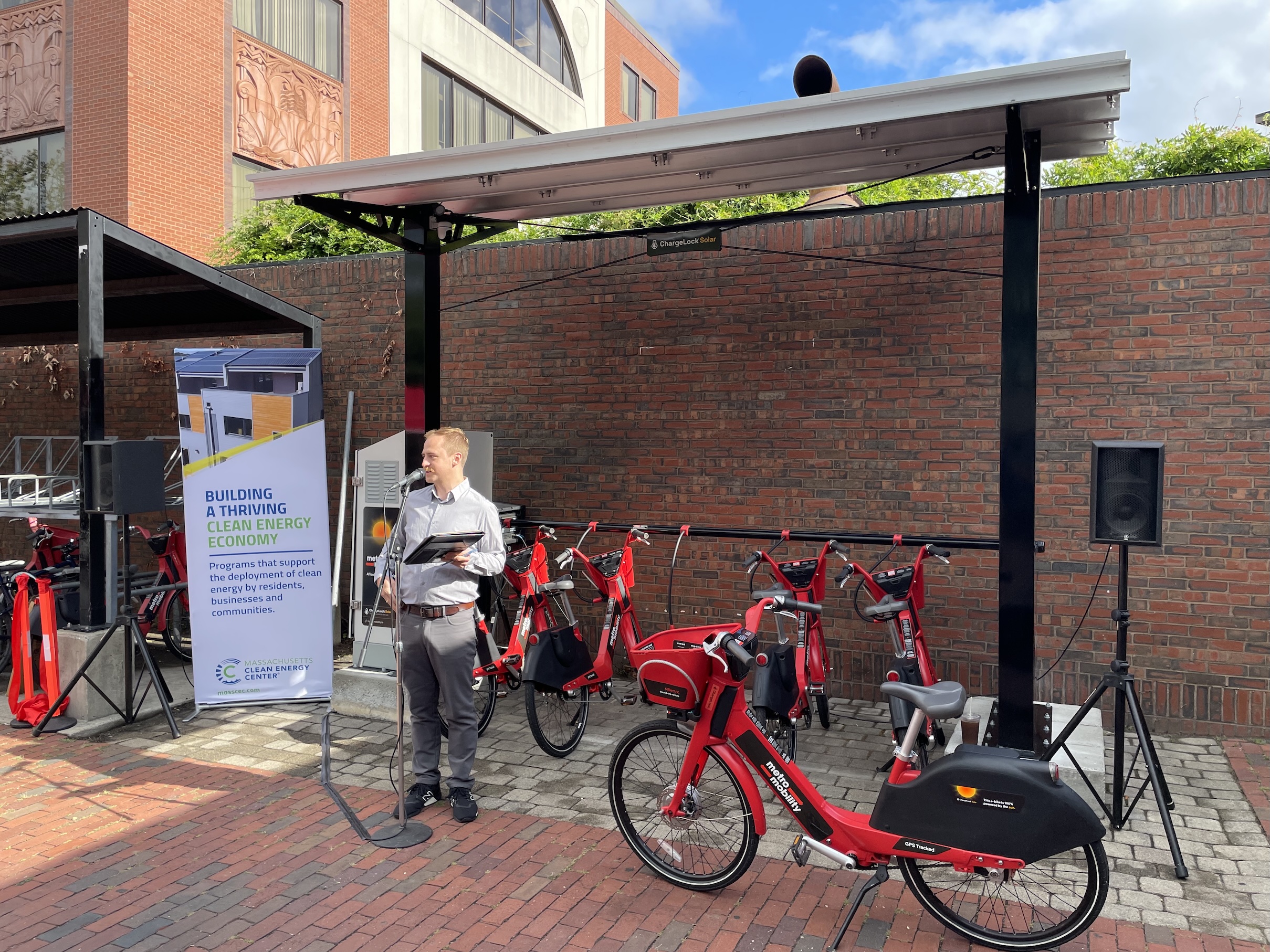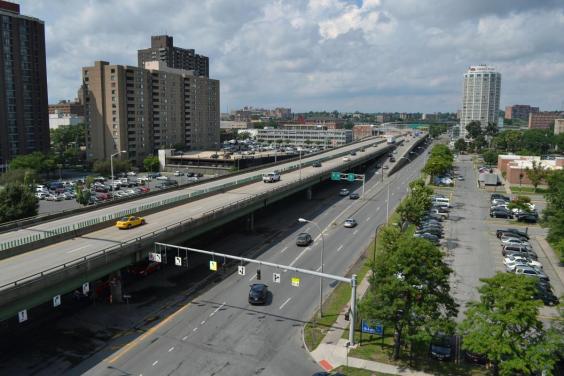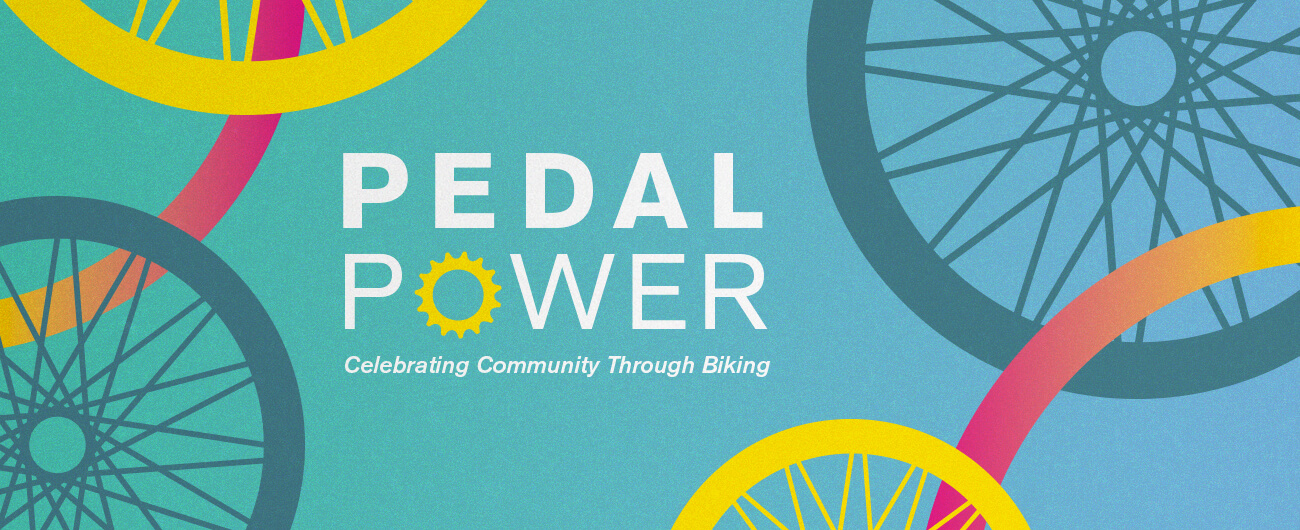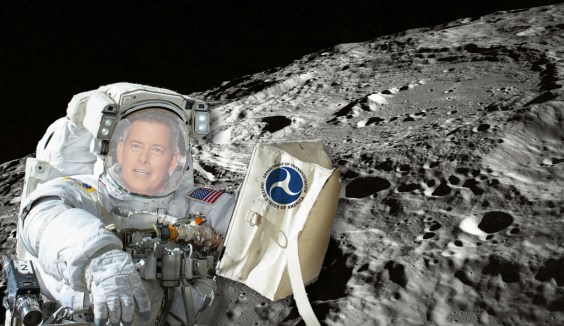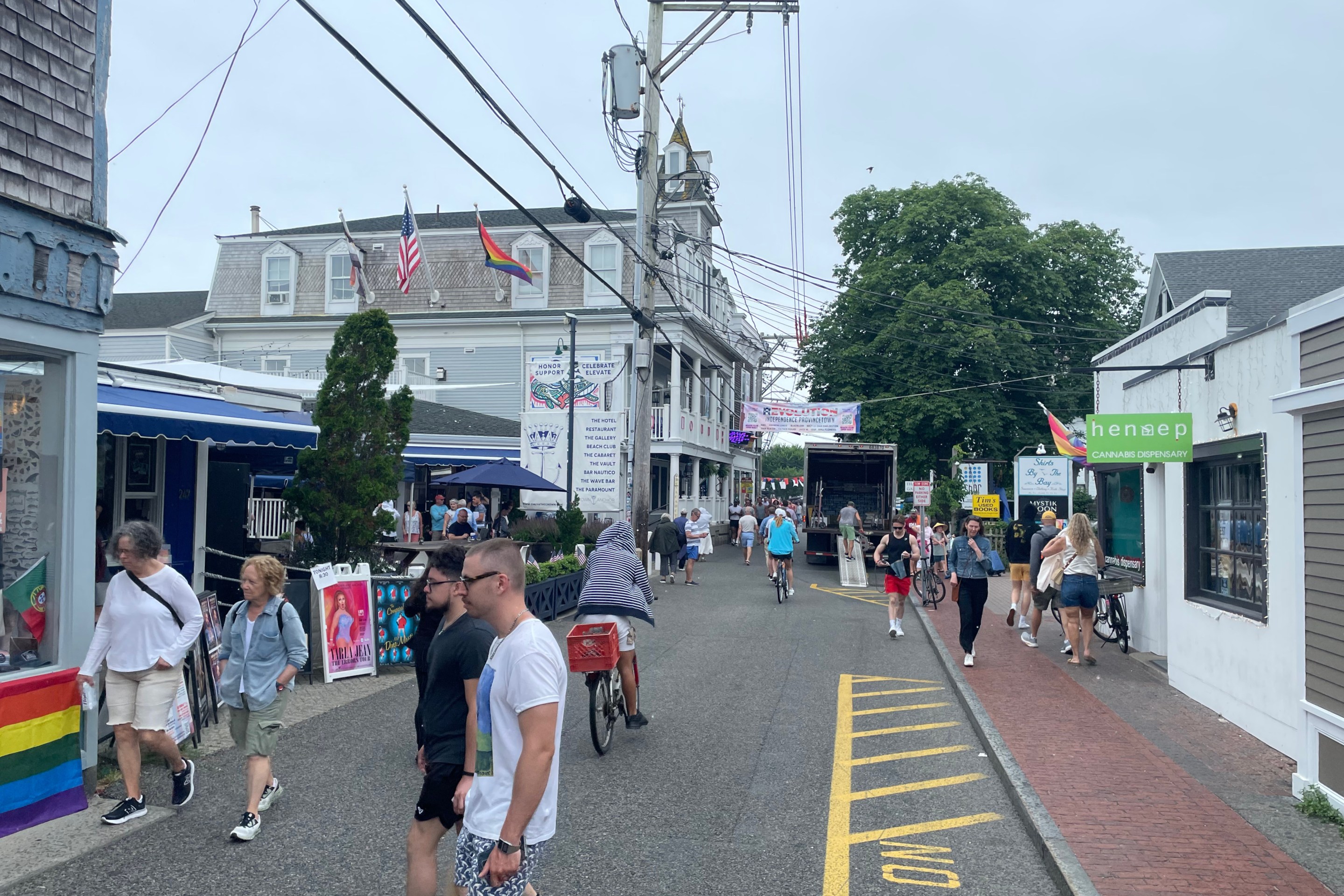Environmentalists got a double dose of bad news at Monday's MBTA board meeting, where, after a long discussion of brutal service cuts being planned for 2021, T officials also revealed that its timeline to start replacing diesel buses with all-electric vehicles would be delayed until the late 2020s.
At the end of Monday's Fiscal and Management Control Board (FMCB) meeting, Erik Stoothoff, the MBTA's Chief Engineer, reviewed the T's long-range plans for its bus fleet and bus maintenance facilities.
Stoothoff had previously briefed the FMCB in September about the disappointing results from its battery-electric bus pilot on the Silver Line. Stoothoff acknowledges that battery technology is improving quickly, and says he's "bullish" on the technology in the future – but for the short term, the MBTA will only buy buses that burn diesel fuel.
"Unfortunately, today’s Board meeting signals that MBTA continues to delay investments in a technology that is critical to public health and climate action,” said Veena Dharmaraj, Director of Transportation at Sierra Club Massachusetts, in a press statement.
Dharmaraj has been one of the Commonwealth's most vocal advocates for electrifying the MBTA fleet, not only to reduce greenhouse gas emissions, but also to eliminate other harmful air pollutants associated with the combustion of diesel fuel.
Those air pollution impacts are particularly acute in historically underinvested communities that were devastated by 20th-century highway construction, like Chinatown, Chelsea, and Dorchester.
The T is still planning to start buying all-electric, battery-powered buses eventually. Stoothoff estimated that the agency could make its first big order for battery-powered buses in 2022 or 2023.

However, that first delivery of battery-powered buses wouldn't be used to replace polluting diesel buses. Instead, they would be deployed in relatively wealthy communities, to replace zero-emissions buses in that have already been in use for decades: the T's electric trolley buses, which draw their power from overhead wires.
Additionally, the T is working on a contract to retire the Silver Line's "dual mode" buses, which rely on electric power from overhead wires in the Seaport transit tunnel before switching to diesel power on surface streets. Those buses will be replaced with "enhanced electric hybrid" buses that would be exclusively powered by diesel engines.
"Advancing this procurement will allow us to replace the (Silver Line's) dual-mode articulated buses that operate from South Station on the wire through the transitway, and out to the airport and into Chelsea," explained Stoothoff at Monday's FMCB meeting. "These will take advantage of some of the advancements in our bus technology, like larger batteries for longer engine-off time, (and) onboard charging of those batteries for recovery and all-day usage."
These new "enhanced electric hybrid" buses will still rely on onboard batteries to carry them through the transit tunnel without asphyxiating passengers with exhaust fumes.
However, those batteries will be charged not from the electric grid, but from the buses' own diesel engines. That means that those engines will need to do extra work (and will thus generate more pollution) when the buses are running outside of the tunnels, through East Boston and Chelsea.
T officials say that in spite of that, the new buses will still be more efficient. Compared to the "dual mode" buses, they're expected to reduce greenhouse gas emissions by roughly 8 percent, even without drawing power from the electric grid for part of their route.
In 2022 and 2023, the T also plans to buy 160 of these "enhanced electric hybrid" buses to replace the fleet's dirtiest diesel buses.
